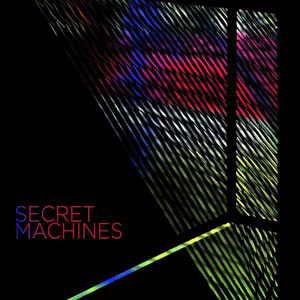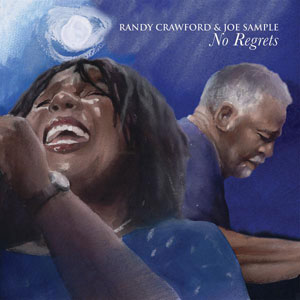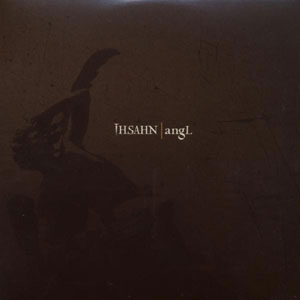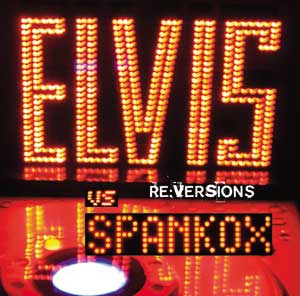|

WEBSITE: www.thesecretmachines.com
 |  |
“The band has always been more than our individual egos; we’re no less The Secret Machines now than we’ve ever been,” says singer/bassist/keyboardist Brandon Curtis. When his brother, guitarist/vocalist Ben Curtis, left the band to focus on his band School of Seven Bells in early 2007, Brandon and drummer Josh Garza knew this didn’t mean the end. The energy and emotion that The Secret Machines fans responded to over the last decade, and continue to seek, was intact. Rather than pull the plug, they carried on with their towering third album, Secret Machines. Longtime friend Phil Karnats, who played with Ben in the Polyphonic Spree precursor Tripping Daisy and filling in for Ben, was installed as permanent guitarist. “He’s an equal third member, musically,” says Josh, who says Karnats was a part of this record’s earliest sessions. “Ben is obviously irreplaceable,” adds Brandon, “but the transition to Phil has been very easy.”
Unfazed and undaunted, and in an industry where even the smallest task can prove Sisyphean, The Secret Machines carved their own destiny. “We didn’t know what was happening with Warner,” Josh says, “but we thought if we were going to go out, we might as well go out with a bang.” In June 2007, the trio went into Manhattan’s The Magic Shop to record (and Electric Ladyland to mix). When Warner Bros. balked at getting behind a “new” band, The Secret Machines chose to self-release the new album in collaboration with World’s Fair Label Group. Josh calls it the album they’ve “always wanted to make.”
Secret Machines also marks the first record on which the same core—Brandon Curtis, Josh, Karnats, and producer Brandon Mason—were used throughout the entire process, from the earliest demos to the final master. The continuity shows in the final results, in the expansive instrumental swells, in the hooks and phrasing, in the tracking itself. Opening with the disaffected, futuristic verse-chorus “Atomic Heels,” The Secret Machines embark on a journey where their appreciation for the Beatles, Zeppelin, and Krautrock is clear but not derivative or bromidic—and they crank up the volume.
Other influences bubble up as well: “Last Believer, Drop Dead” straddles the fence between Pink Floyd atmospheric philosophy and Manic Street Preachers glam-bratty Marxism; “Have I Run Out” sets the Floydian existentialist trip set to drone-y apocalypse; “Underneath the Concrete” marries Devo’s automaton quirk to the Psychedelic Furs’ fashionable introspection. Secret Machines’ main attraction is the more muscular sound, and how it complements the themes. The minimalist “Now You’re Gone” is the sound of loneliness; “The Walls Are Starting to Crack” is a six-minute journey in chapters, the only throughline being a—correct—assumption that the listener will suspend disbelief and pop inclinations in order to follow the skewed narrative. “I Never Thought to Ask” is numb alienation and stinging regret: The words come/but they won’t stay. Final shot “The Fire Is Waiting” is an ethereal, gospel-inflected climax and cliffhanger, as everything asked isn’t necessarily answered.
The record is a logical creative step for The Secret Machines, over Now Here Is Nowhere (2004) and Ten Silver Drops (2006). It builds upon the foundation established with those albums and their well-received singles “Nowhere Again” and “Alone, Jealous and Stoned,” showing The Secret Machines have solidified as a band, even in metamorphosis. It’s a nod ahead of, yet not a departure from, the psychedelic rock that has helped make the Dallas-bred NYC transplants a fan and critical darling in the U.S. and Europe—not to mention favorites of U2’s The Edge (who in August 2007 called Now Here… “the last record [I] fell in love with”) and David Bowie, who asked The Secret Machines to close the first-annual Highline Festival in 2007, which he curated. Going forward, the band sees nothing but open skies. “I don’t want to be concerned with past glories,” says Josh. Neither does Brandon, and both are committed to the process of connecting to fans and new listeners through Secret Machines. It’s music played for the love of music, songs sung for the love of singing, nothing more, and definitely nothing less.
(Quelle: Cooperative Music, 2008)
FORMAT: CD
Zurück zur Übersicht
|







